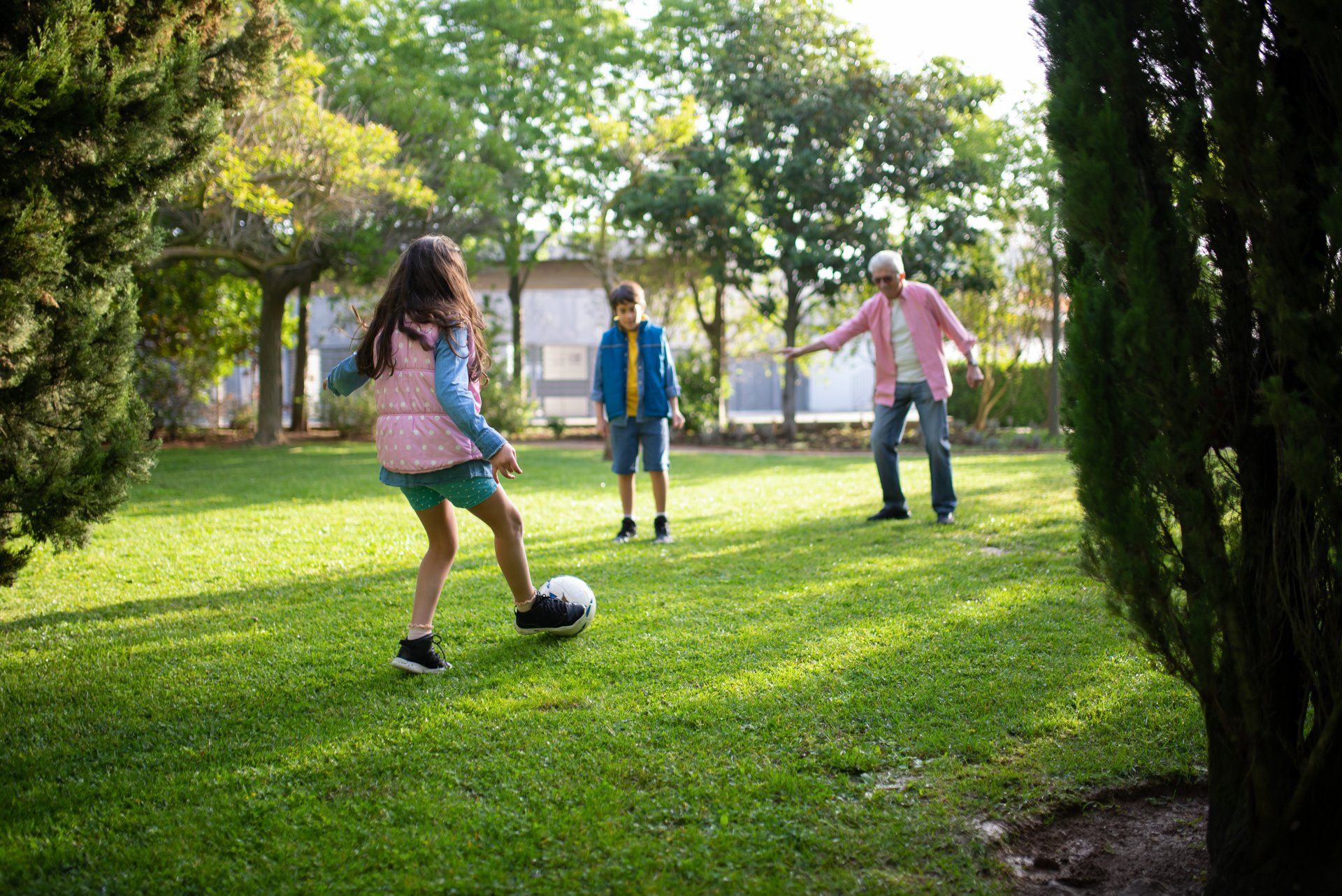How Swedes raise children
Beyond parental leave: Raising independent thinkers in Sweden

I've heard it many times: Sweden is the "best place to raise kids".
And for good reason.
Generous parental leave policies and a strong emphasis on shared childcare between both parents are positive things.
But for me, there's a whole other side to the story – one that goes beyond the well-known benefits.
I am more interested in understanding Swedish child-rearing culture and exploring how it fosters a generation of independent thinkers.
So, how do Swedes raise their children?
Nature's classroom: learning through all seasons
One thing I noticed, immediately upon arriving in Sweden, was the courtyards of kindergartens. As you stroll past a Swedish kindergarten, what might surprise you isn't the sweet laughter, but the sight of bundled-up children playing outdoors, rain or shine.
Swedes see nature as a vital learning environment, encouraging exploration and resilience from a young age.
This might seem extreme to those coming from warmer climates, but it reflects a core value: building children who are adaptable and comfortable in their own skin.
Discipline with respect: a different kind of authority
Physical punishment is not just frowned upon in Sweden; it's illegal.
This might be a stark contrast to cultures where spanking is considered a normal disciplinary measure.
Here, the focus is on positive reinforcement and open communication.
Swedish parents strive to build trust and understanding with their children, fostering self-control rather than enforcing obedience through fear.
Finding your voice: the power of "Jag vill inte!"
In my culture, a child constantly saying "I don't want to!" might be seen as rebelliousness.
But in Sweden, it's a sign of a healthy self-expression. From preschool onwards, children are encouraged to voice their opinions and participate in decision-making.
This doesn't mean they get their way all the time, but it does equip them with the confidence to advocate for themselves and develop critical thinking skills.
Schools as playgrounds for learning:
Swedish schools actively cultivate these independent spirits.
Forget rigid classrooms – learning often happens through play and hands-on activities.
Breaks are plentiful, and classrooms often have designated "active zones" to release energy.
Teachers prioritize fostering a love of learning, encouraging teamwork, creativity, and problem-solving. It's a far cry from a system solely focused on rote memorization.
Learning from mistakes: the space to grow
Swedes embrace the concept of "failing forward." In other words, they teach them how to fail.
Helicopter parenting takes a backseat, allowing children to experience setbacks and learn from them independently. This might seem counterintuitive for parents from cultures where protecting children from disappointment is paramount.
But in Sweden, the emphasis is on building resilience and fostering a growth mindset.
So, the next time you hear a Swedish child say "jag vill inte!" remember, it's not defiance – it's the first step on a path to becoming an independent, confident, and self-assured individual.
This cultural shift might take some getting used to, but who wouldn't want to raise a child who embraces challenges, explores the world with curiosity, and is comfortable in their own skin?
In my beginnings in Sweden, in one of the many groups for learning Swedish, a colleague complained:
"I think the school has a bad influence on my child". She complained to her husband who simply answered her: "Would you say that the Swedes are doing badly in life?"
© Copyright 2023 by Marija Boskovic



